Nakivale Refugee Settlement and its settlers
Uganda, May 2019
Uganda’s refugee policy is praised worldwide
as it is different from other hosting countries: refugees can stay in settlements or they can decide to move to a city. In both cases, they can seek employment anywhere. Yet, only in the first scenario they receive humanitarian assistance and a piece of land to farm.
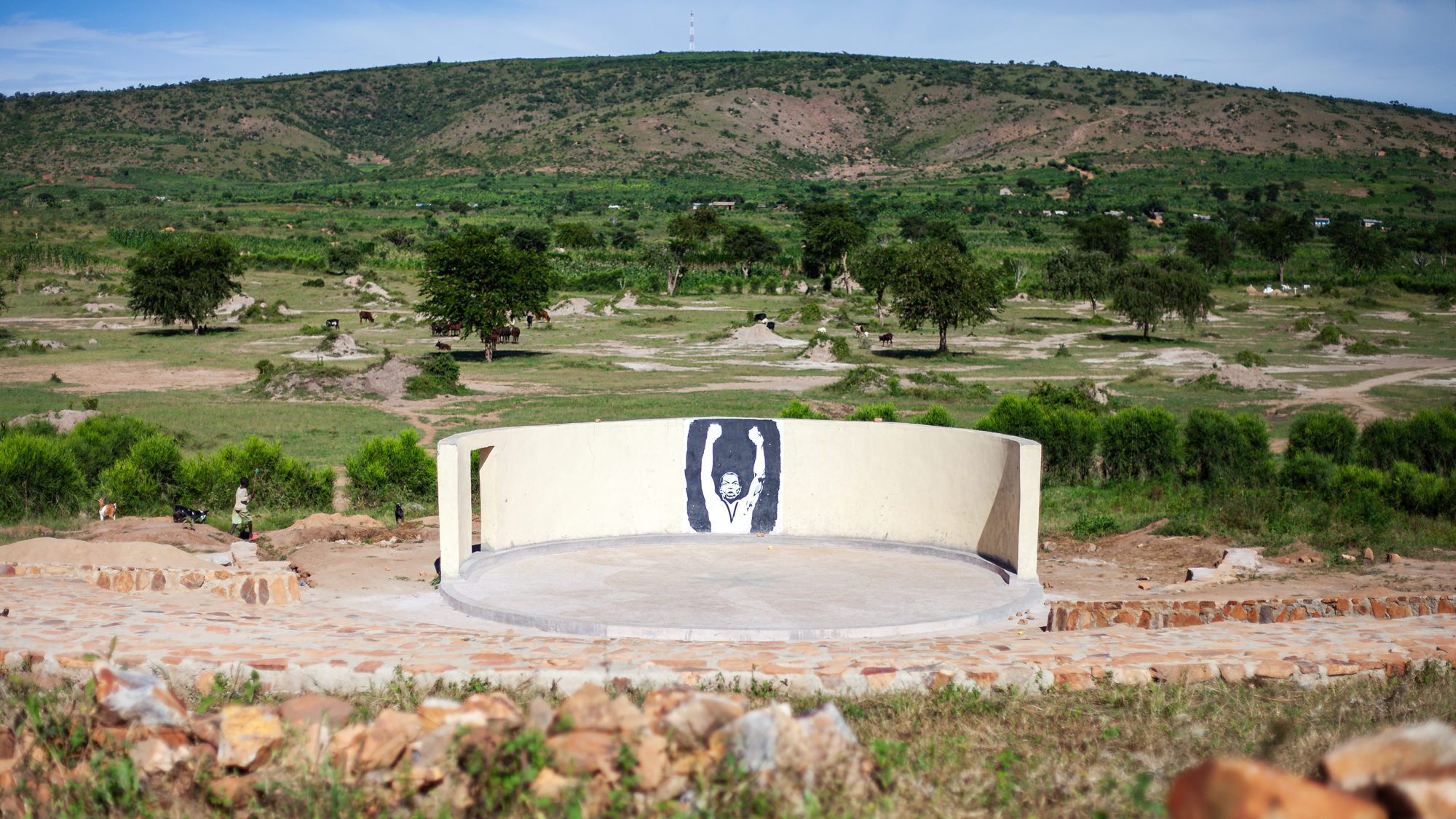
Promise Hub amphitheatre - Nakivale
Nakivale refugee settlement, approximately 200 km away from Kampala, is one of the oldest settlements in the country. It currently hosts 119,587 refugees from the Democratic Republic of Congo, Burundi, Somalia, Rwanda, Ethiopia, Eritrea (and others). Although many refugees in the area have been living there for several years, recent conflicts in nearby countries are increasing the number of arrivals per day.
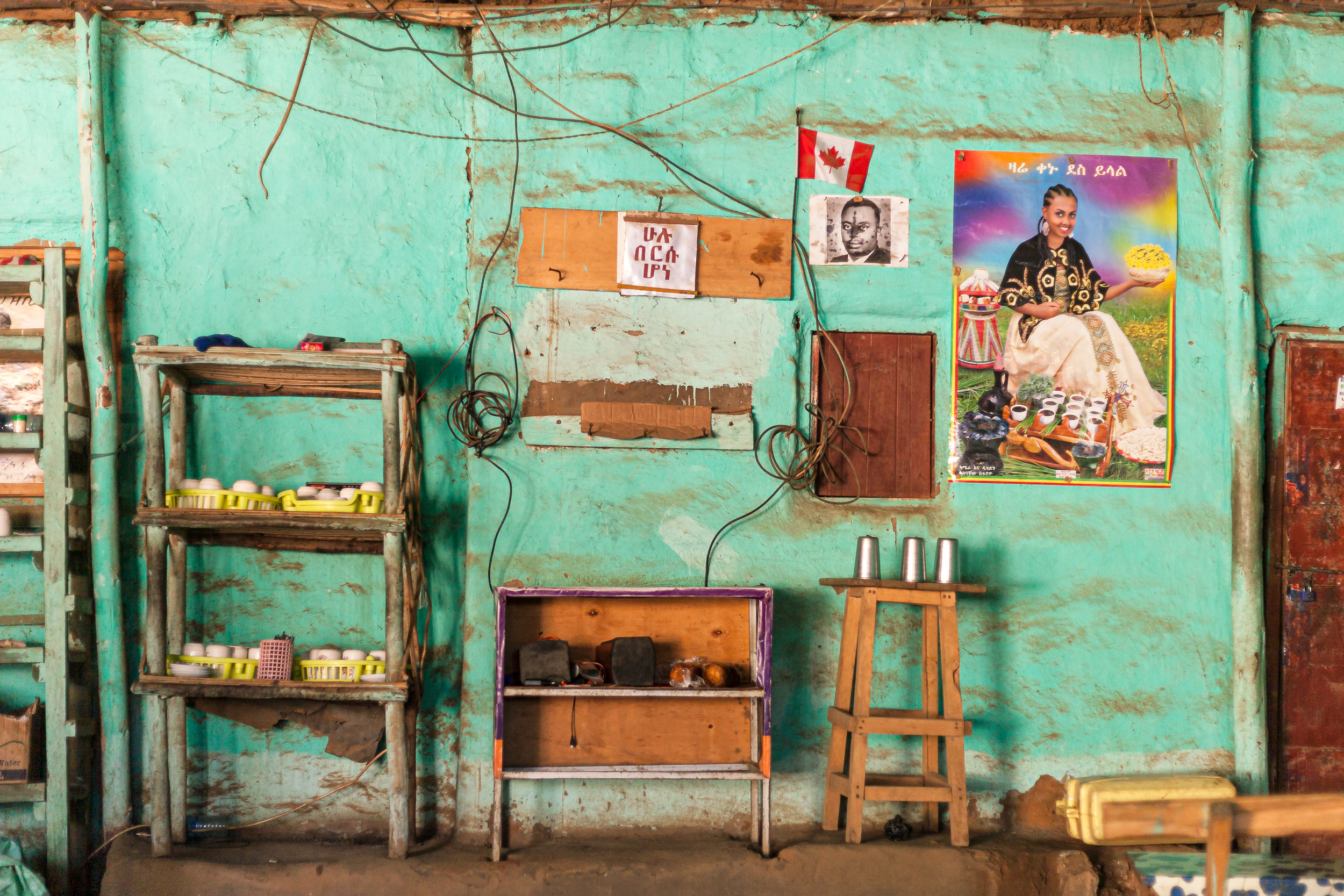
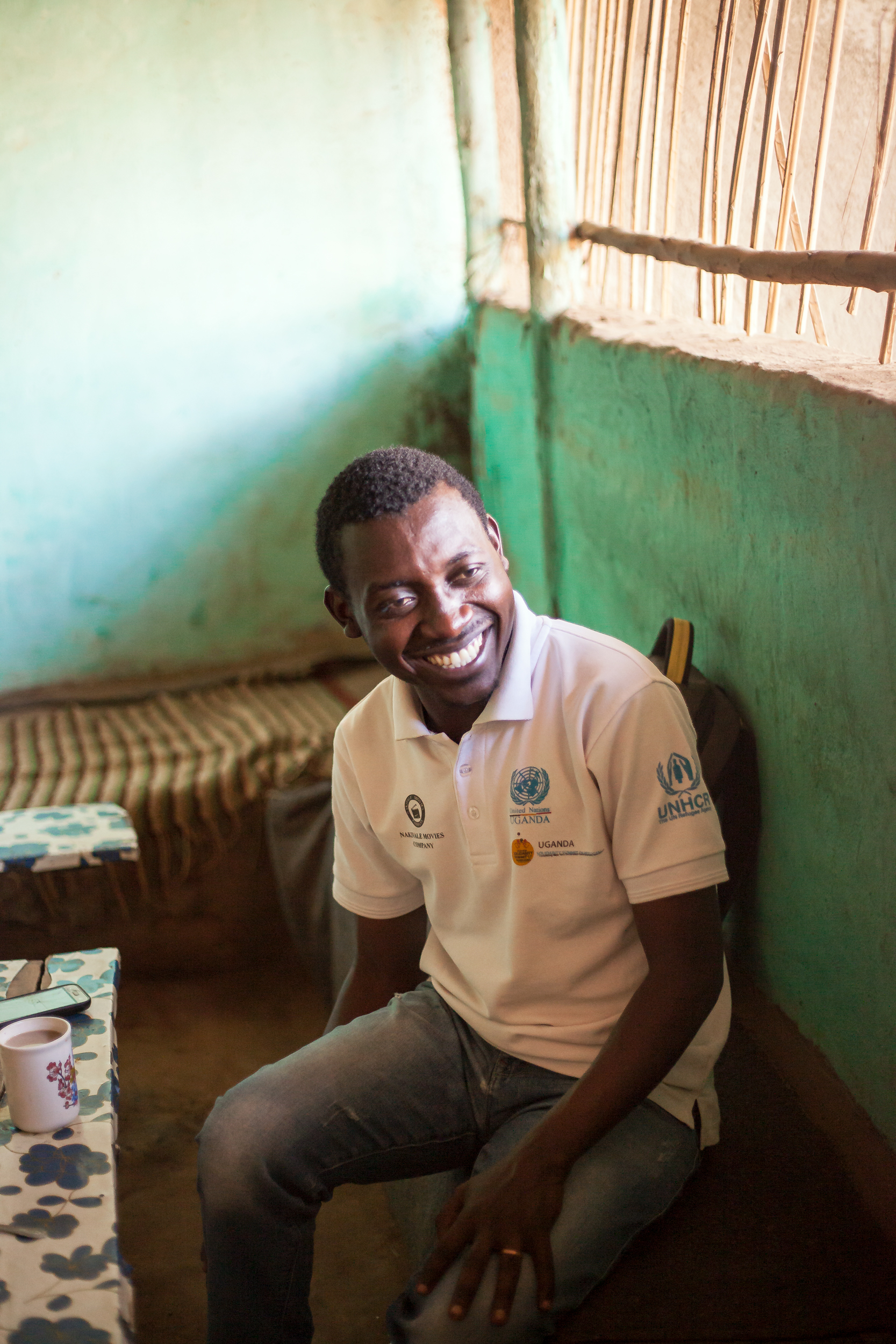
At Kee Bar, a restaurant run by Ethiopian Refugees, with Adonis Mushongole Muganuzi
In May 2019, as part of my PhD research project on refugee youth integration in the Ugandan labour market, my colleague, our research team and I stayed in Nakivale for a week to collect data. During this time, we collaborated with several leaders within the settlement. One of them was Adonis Mushongole Muganuzi, the founder of YAREN – the Young African Refugees Entrepreneurs Network - an organization whose purpose is to give skills to refugees, focusing on leadership, entrepreneurship and behavioural change.
When asked about aid and land in the settlement, the leaders have little doubt: aid is often not enough, land is frequently far or un-productive, and the closest training centre - funded by the UNHCR and other governmental agencies - is 1 hour away by foot from the settlement.
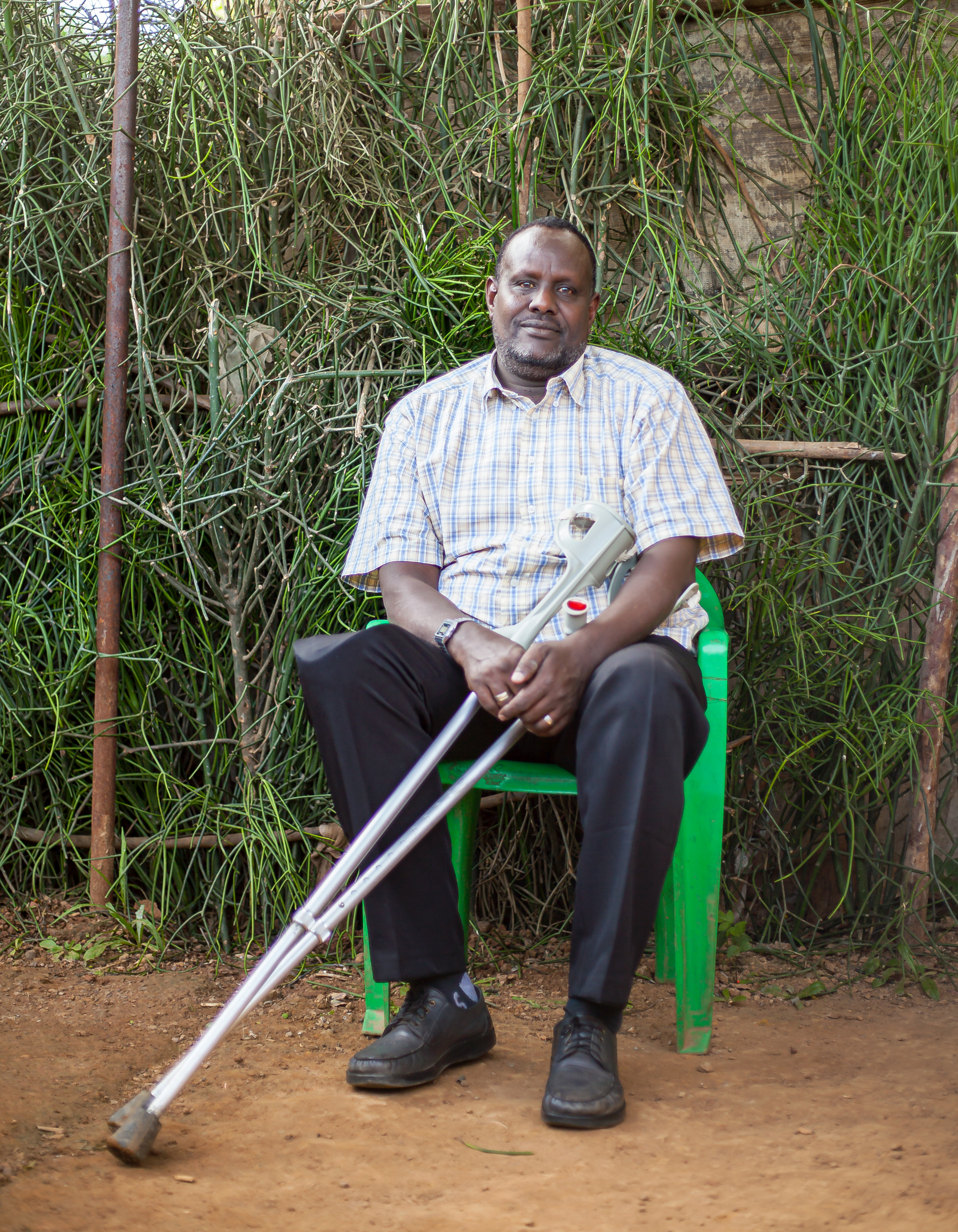
Ahmed Dahir, a Somali leader in Nakivale
While in the settlement, Adonis from YAREN asked our team to give a training. We agreed to talk about excel and budgeting. On the training day we saw many participants from different grassroots organisations that wanted to learn more about funding and budgeting for their own enterprises.
During this event we realised that within the settlement there are many small grassroots organisations that focus on promoting entrepreneurship and empowerment between refugees. Even if they are all part of the same network, they remain independent and sometimes small.
During this event we realised that within the settlement there are many small grassroots organisations that focus on promoting entrepreneurship and empowerment between refugees. Even if they are all part of the same network, they remain independent and sometimes small.
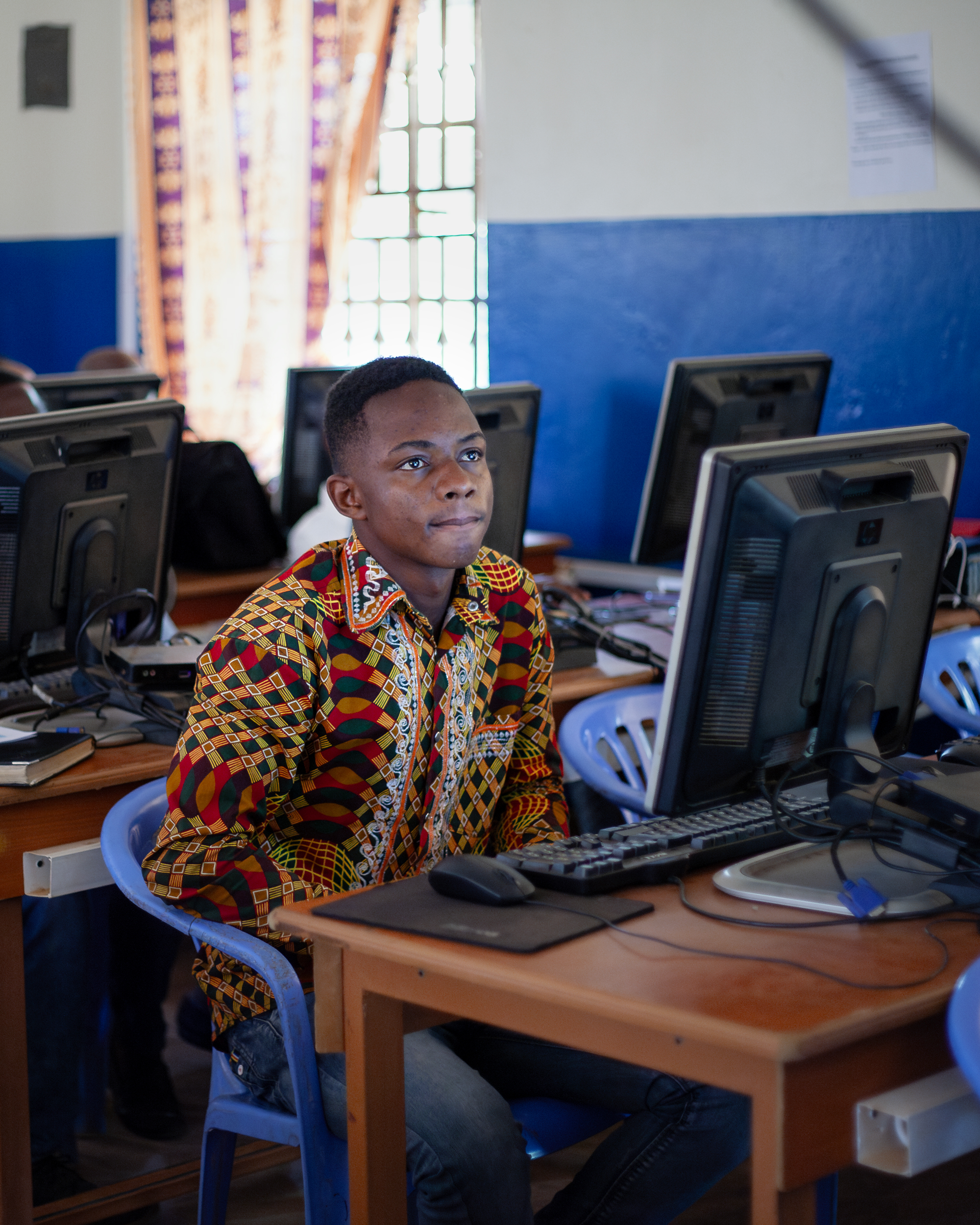

Computer and budgeting training
Apart from the training’s participants, we also met members of Opportunigee and Promise Hub. These are self-organized empowerment and social entrepreneurship hubs formed by young scholars. Their main purpose is to generate digitally-enabled businesses that create jobs on a local scale and impact on a global scale.
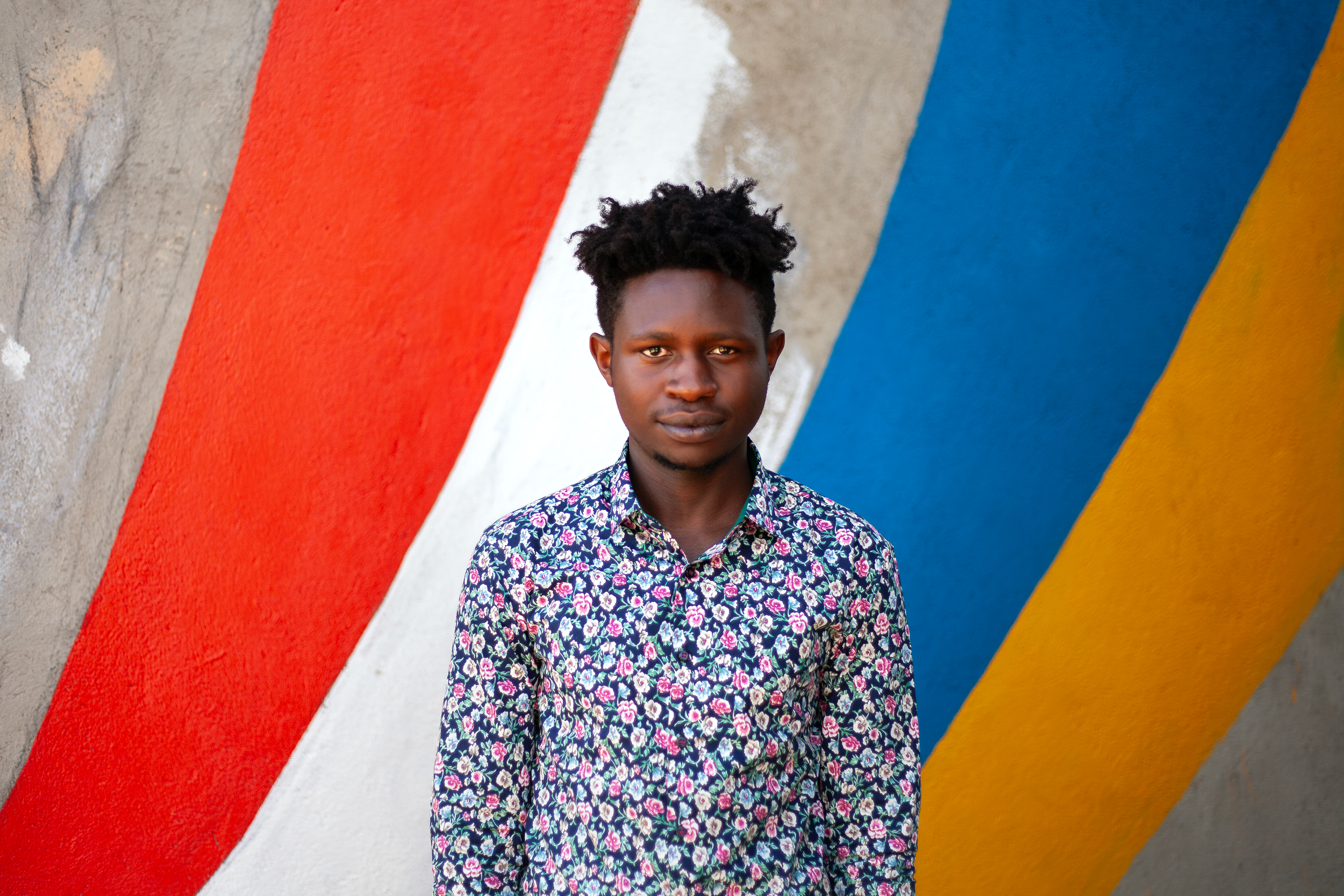
Scholar of Opportunigee
These hubs want to link Nakivale’s entrepreneurs to the international market. They provide them with tools and resources to use the internet and to connect with companies such as DHL. Just last month, Promise Hub inaugurated their sustainable headquearters in Nakivale: a residence built entirely with plastic bottles.
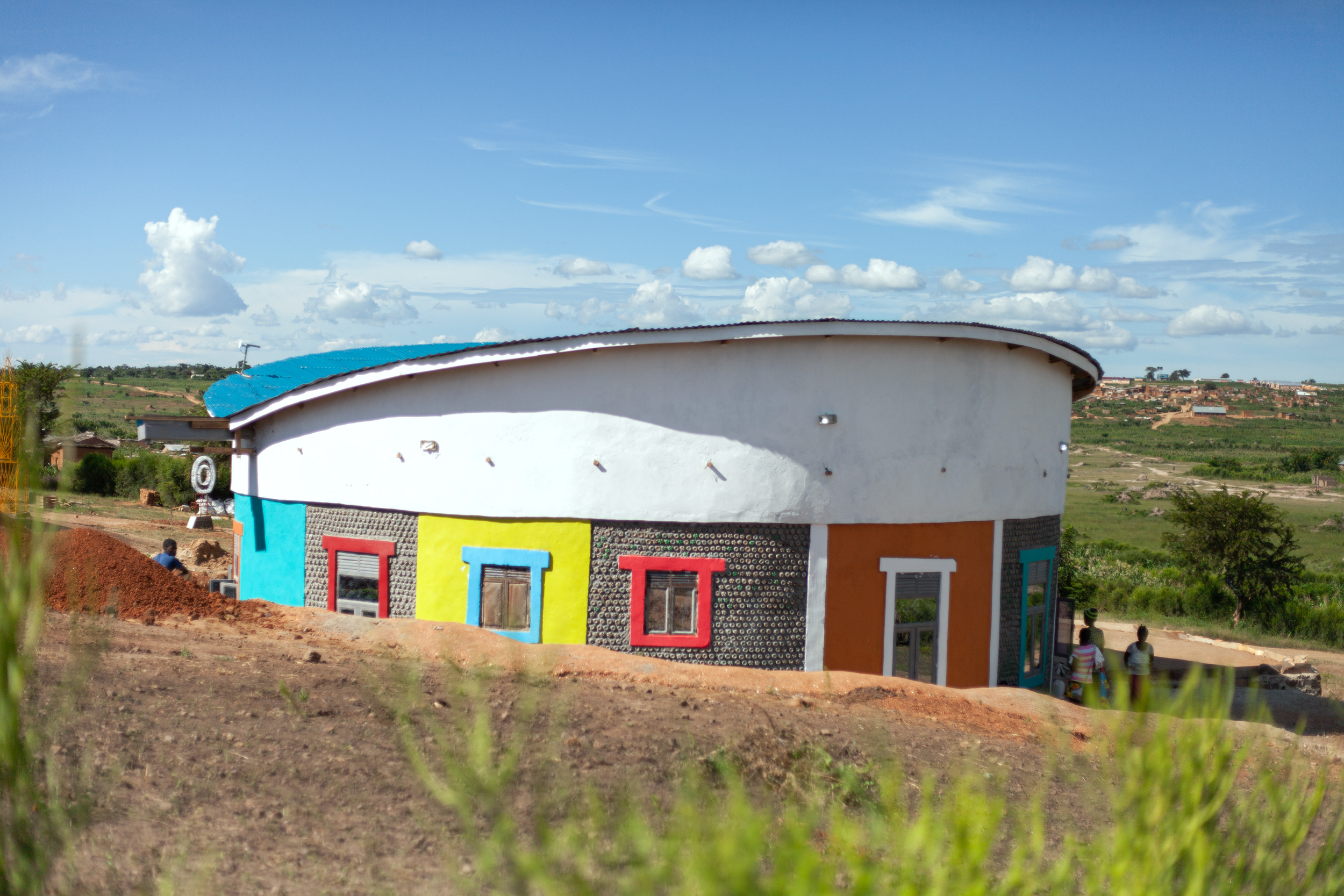

Promise Hub headquarters built with plastic bottles
So, why so many grassroots organisations and why they promote entrepreneurship so much? The first answer is lack of jobs inside the settlement. Although Nakivale has been described as a full economy, survey data we collected plus extensive qualitative interviews seem to contradict this view (more on our research project soon).
Another important reason is that Nakivale is quite isolated from nearest towns, and transportation costs are high. Plus, lack of connections with the national labour market and information on how it works, limit refugees from looking jobs outside the settlement, even if the policy allows them to do so.
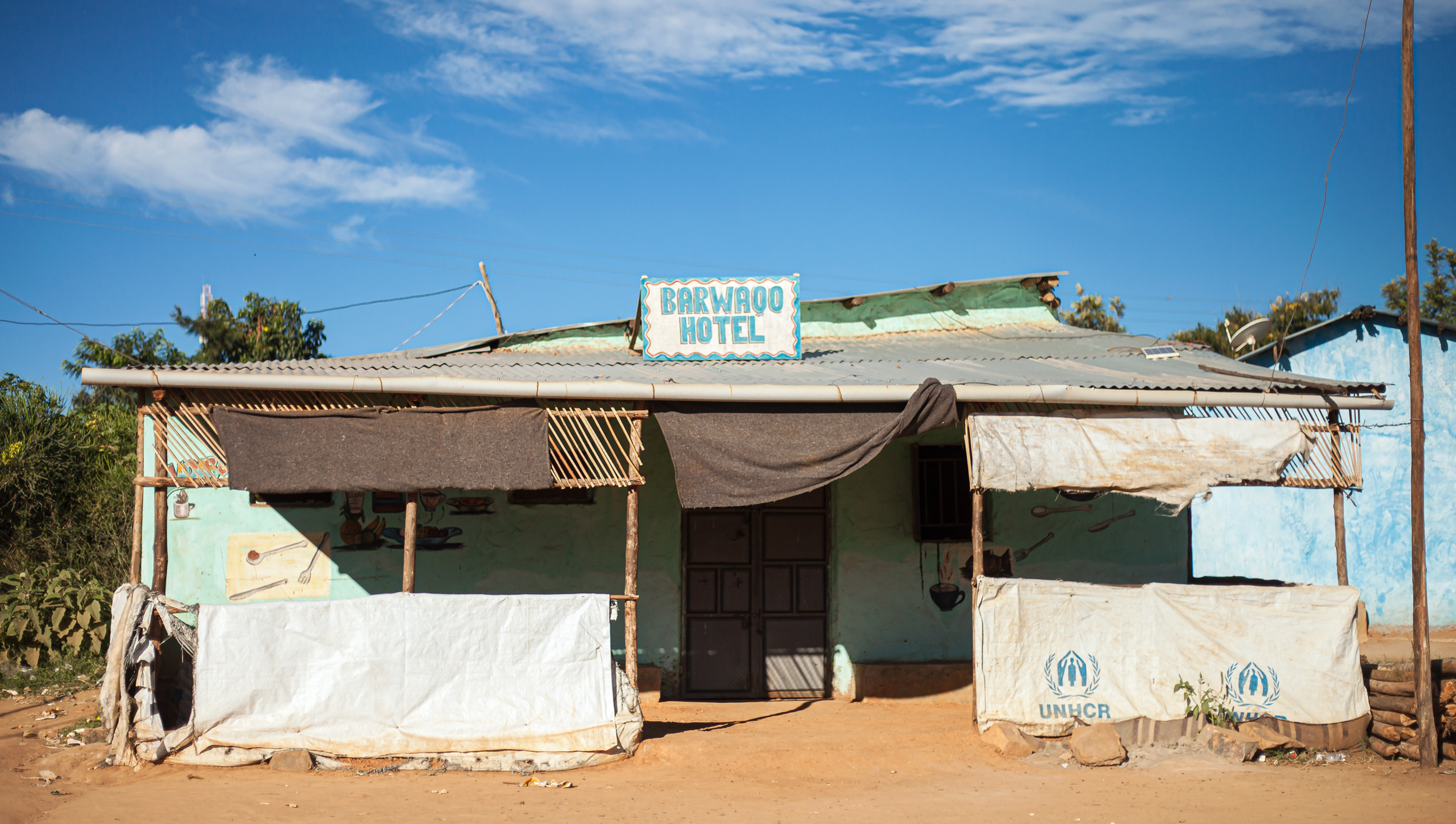
A Somali hotel re-using the UNHCR tents as walls.
We left the settlement with many questions but one certainty: governmental agencies and international organisations that are in charge of the refugee response in Uganda should go to these settlements, sit with these leaders and organisations and listen to their suggestions. They know what is happening inside the settlements and what could be done to improve them.
------------------------------------------------------------------------------------------
All the people portrayed in these pictures have given consent to be published online